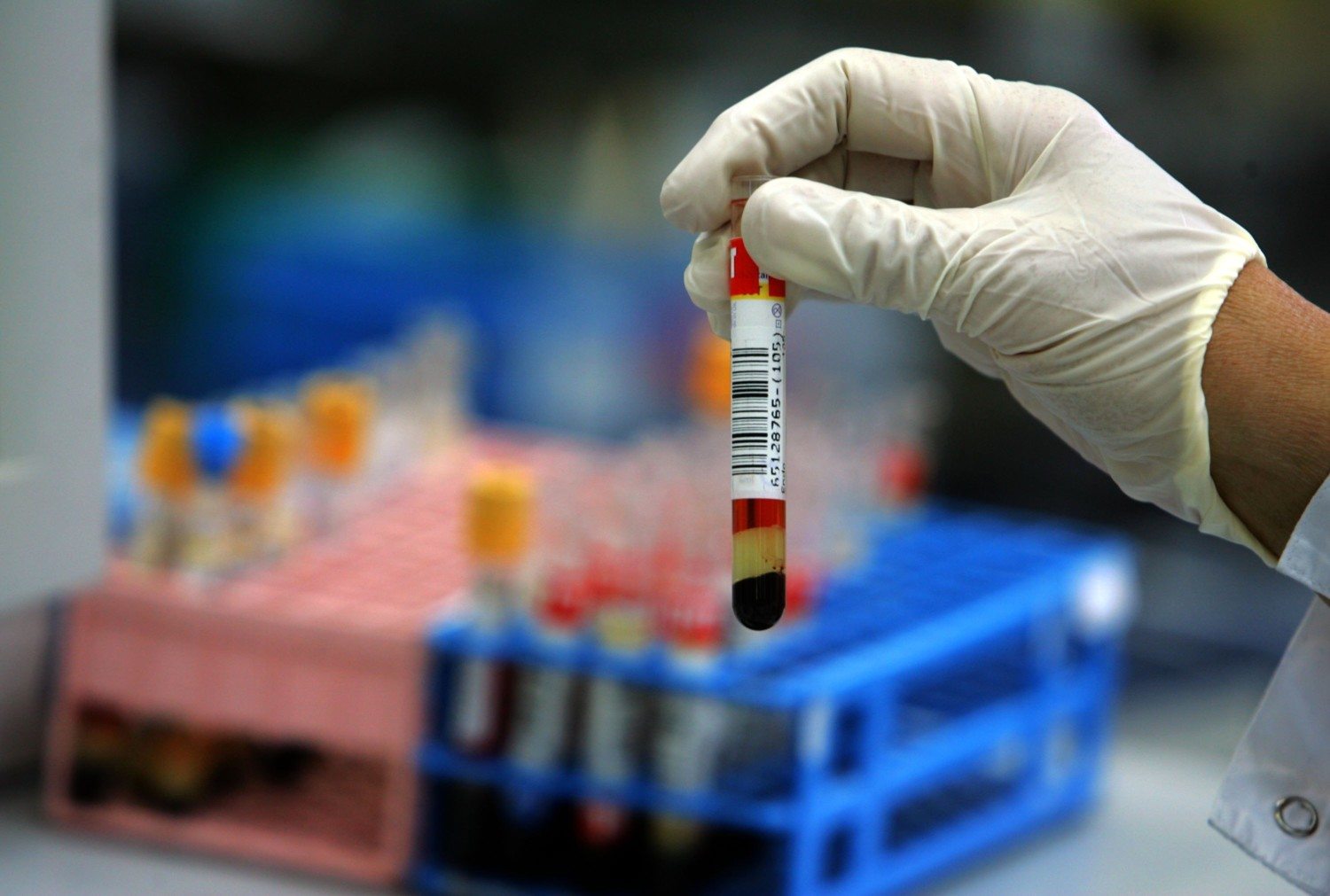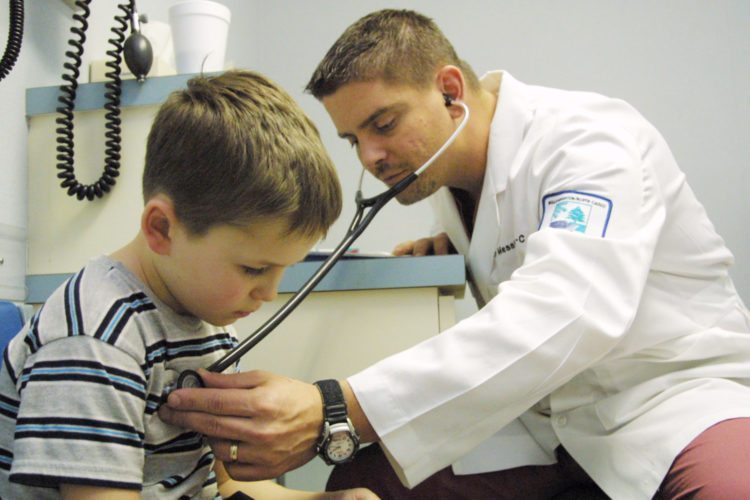Signs and symptoms you could have a B12 vitamin deficiency

Vitamin B12 plays an important role in our bodies. The powerhouse is responsible for everything from helping to make DNA and blood cells to supporting a healthy metabolism, immune system and brain. However, unlike most other vitamins, your body cannot produce B12 on its own. You must get it from animal food sources, like eggs, meat, shellfish and dairy. Up to 15 percent of people are deficient in the critical vitamin.
Signs and Symptoms
Wondering if you could be one of the millions of people suffering from a vitamin B12 deficiency? Here are some of the common signs and symptoms to watch out for:
Fatigue
If you’re consistently logging eight or more hours of sleep, downing multiple cups of coffee a day and you still can’t make it through the afternoon slump, a lack of vitamin B12 may be to blame. The body uses B12 to make red blood cells, which then carry oxygen to your organs. And without enough oxygen, you’re bound to be zapped all the time. Because fatigue can be a factor in so many other conditions, your doctor will most likely need to see some other symptoms before they jump to a conclusion of vitamin B12 deficiency.
Unusual Sensations
“It felt like electricity was running from my head to my feet,” Melanie Karmazin, who was eventually diagnosed with a B12 deficiency, told Prevention. This particular symptom can also present as numbness or tingling in the hands, legs or feet.
Forgetfulness
If you can never remember where you put your keys and you’re constantly flaking on plans with friends, don’t automatically assume you’re losing it. “I’ve seen this deficiency mistaken for Alzheimer’s in elderly patients,” Lisa Cimperman, R.D., a spokesperson for the Academy of Nutrition and Dietetics, told Prevention.
Anxiety or Depression
If you’re feeling more nervous and down than usual, and there have been no changes in your life you might blame for the change in mood, you may want to get your B12 levels checked. Doctors theorize that B12 is involved in the synthesis of brain chemicals that help regulate mood, such as serotonin and dopamine.
Other signs and symptoms include pale skin, a sore tongue, mouth ulcers, dizziness, weakness and vision issues.
Diagnosis
Because the symptoms are so varied and mimic the signs of so many other diseases and conditions, arriving at a diagnosis of a vitamin B12 deficiency can prove difficult. “Because the body can store B12 for three to five years, early symptoms of a deficiency usually appear gradually, so you’re unlikely to notice them,” Stephanie Middleberg, R.D., nutritionist at Middleberg Nutrition in New York City, tells Health.
The only real way to diagnose a deficiency is through a blood test. So if you’ve been dealing with unexplained symptoms you think may be linked to a deficiency, ask your doctor to check.
Risk Factors
While anyone can be deficient in vitamin B12, there are some factors that increase your risk. Because animal products are the main source of the vitamin, vegans or vegetarians are at higher risk. Age is also a consideration because, as we get older, the stomach produces less acid, which is key for B12 absorption, according Middleberg. In fact, the Centers for Disease Control estimates that one in 31 adults over 50 are deficient.
Other factors that increase the odds that you’ll develop a deficiency in the essential vitamin include taking the drug Metformin (often prescribed to those with diabetes or polycystic ovary syndrome), taking common heartburn medication, having weight loss surgery, taking birth control pills and heavy drinking.
How You Can Correct It
If you’re found to have a deficiency in vitamin B12, the first step is to up the amount you’re getting through your diet. According to the National Institutes of Health, you can get your fix from a wide variety of foods, including clams, beef, milk, trout and tuna, just to name a few.
Depending on the level of your deficiency or your dietary restrictions, a supplement might be in order as well. If absorption is the issue, as is often the case with older adults, filling up with natural sources of the vitamin may not cut it. “The synthetic form of B12 is more readily absorbed,” Maggie Moon, R.D., a Los Angeles-based nutritionist and owner of Everyday Healthy Eating, explained to Health.
If you suspect you might be B12-deficient, give your doctor a call!









